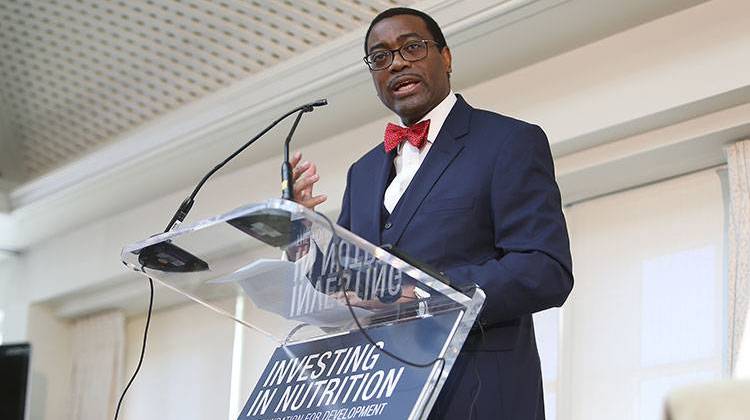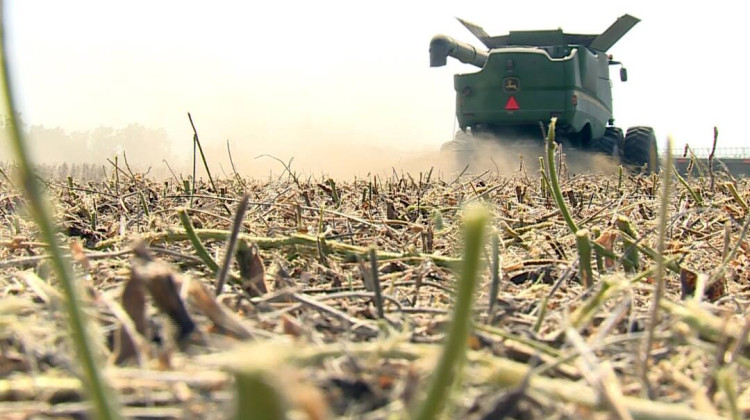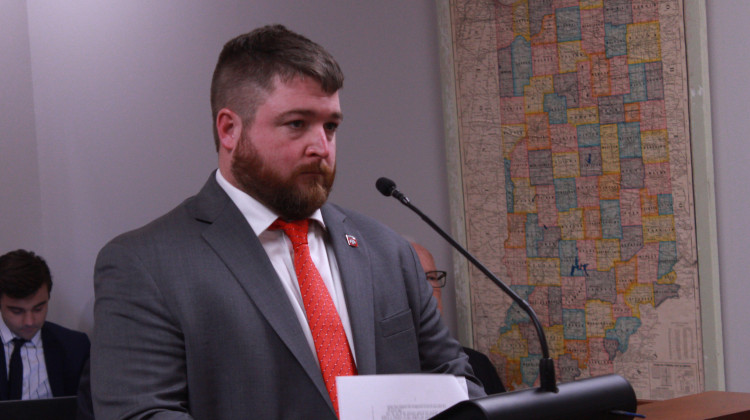
Akinwumi Adesina, President of the African Development Bank, speaks at Investing in Nutrition: The Foundation for Development panel discussion on Sunday, April 17, 2016 at the Hay-Adams Hotel in Washington, D.C.
Paul Morigi/AP Images for 1,000 DaysA Purdue University graduate who wants to better commercialize African farming has been named this year’s winner of the World Food Prize.
Akinwumi Adesina is the President of the African Development Bank, a former Agriculture Minister in Nigeria and holds both a master’s degree and a doctorate from Purdue.
He’s led a push to increase yields on African farms through better use of fertilizer and spoke with President Trump about the challenge of getting the continent to feed itself at the recent G7 summit.
Speaking from his office in the Ivory Coast, Adesina says he hopes the prize helps his push to commercialize African farming.
“So what Africa does with agriculture is going to determine the future of food in the world," Adesina says. "And that’s why I really believe the key is to make agriculture in Africa a business.”
He says he’s honored to win what’s sometimes known informally as the “Nobel Prize of Agriculture,” and adds he hopes it helps buoy his message.
“The key is we want to end malnutrition and stunting in Africa. So the World Food Prize actually puts the wind behind the sail about what we want to do.”
World Food Prize organizers say they’re honoring Adesina for encouraging more investment in African farming and introducing electronic banking, which prize organizers say “broke the back of corrupt elements that had controlled the fertilizer distribution system for 40 years.”
Adesina brushed off a question, however, about how Africa -- which is home to countries such as South Sudan that have been accused of human rights violations -- could achieve such a goal without rooting out corrupt elements that influence several nations on the continent.
He says he’s directed the bank he leads to spend $24 billion on ag projects in Africa over the next 10 years.
Adesina joins Purdue professors Philip Nelson and Gebisa Ejeta, who won the World Food Prize in 2007 and 2009, respectively.
 DONATE
DONATE






 Support WFYI. We can't do it without you.
Support WFYI. We can't do it without you.